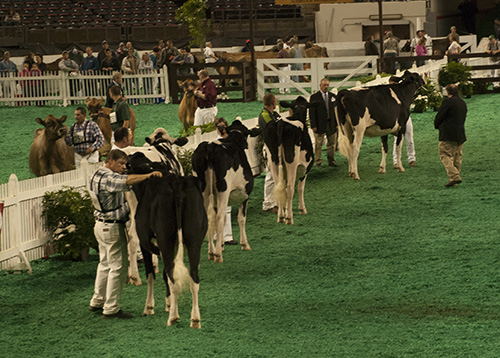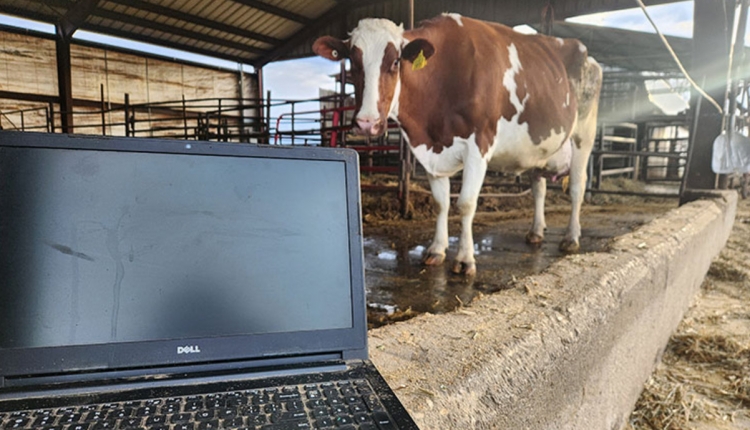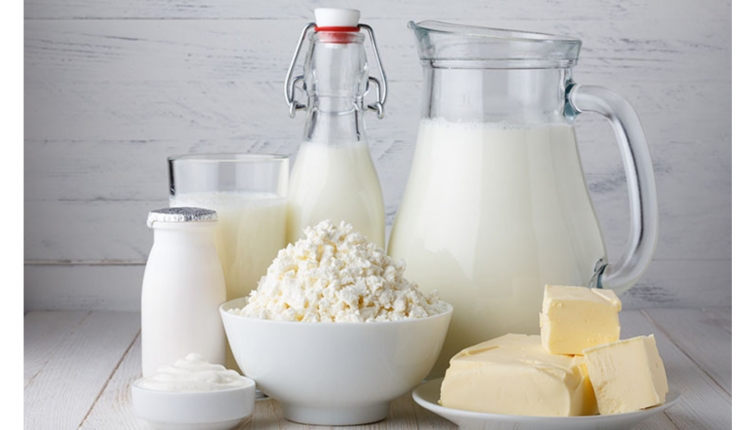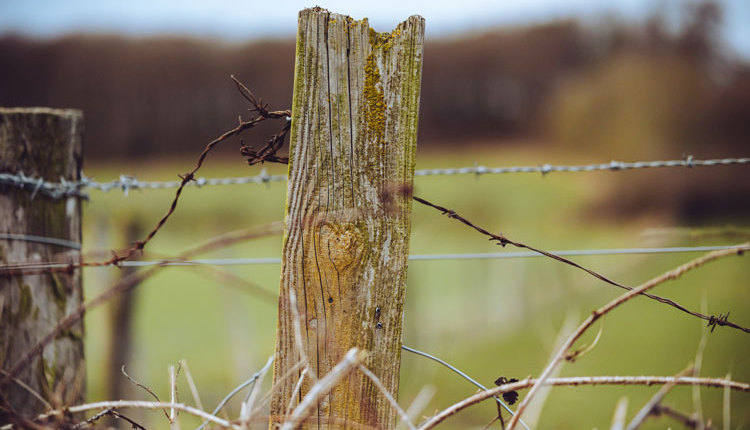
Animal rights activist groups have never been known to shy away from protesting or otherwise disrupting events, but their activities have seemed to escalate in recent months. We've seen activists interrupt football games, speeches by presidential candidates, and even the opening ceremonies of the 2016 Pennsylvania Farm Show. Many of these can be attributed to Direct Action Everywhere, a group with the mission "to empower activists to take strong and confident action wherever animals are being denigrated, enslaved or killed, and create a world where animal liberation is a reality."
While this group has offices in select cities, it relies on offering resources to activists scattered across the country - which may mean there are individuals looking for opportunities to make headlines in a community near you. A dairy show or other agricultural exhibition may seem like an unlikely target, but as the protest during the PA Farm Show demonstrates, no event is immune.
A few simple steps can help show organizers prepare for any potential issues.
- Contact local law enforcement officers to raise awareness of potential activist activity and ask for recommendations that are consistent with local ordinances. This could also be an opportunity to build a relationship with your law enforcement community by inviting them to stop by the show to meet area farmers and learn more about the dairy industry.
- Work with show leadership and volunteers to establish a protocol to be followed in the event of a protestor or other confrontational individual. Be sure to designate clear roles and responsibilities - and have backups in case the primary leaders are unavailable.
- Have a media statement prepared and a spokesperson lined up. Be sure your spokesperson is an expert in animal care - farmers and veterinarians are usually trusted and well-received.
- Establish an animal welfare policy for the organization or club hosting the show. Provide copies to each exhibitor and have the policy posted and readily available during the event. It may seem like a hassle to provide guidelines to farmers who you know are doing the right thing, but just having commonsense policies on animal care written out will help demonstrate your commitment if it's called into question.
The Animal Agriculture Alliance is also always available to provide additional messaging and security resources or advice. Visit us at www.animalagalliance.org or call our office at 703-562-5160 if we can support your efforts in any way.
While I hate to add to your "to-do" list, I hope you'll include a few proactive security measures as you plan for spring shows and fairs to help ensure a safe, fun and educational experience for all involved.
 The author is communications director for Animal Agriculture Alliance, Arlington, Va. For more information on farm security and animal rights activism, visit the Animal Agriculture Alliance website at www.animalagalliance.org.
The author is communications director for Animal Agriculture Alliance, Arlington, Va. For more information on farm security and animal rights activism, visit the Animal Agriculture Alliance website at www.animalagalliance.org.









